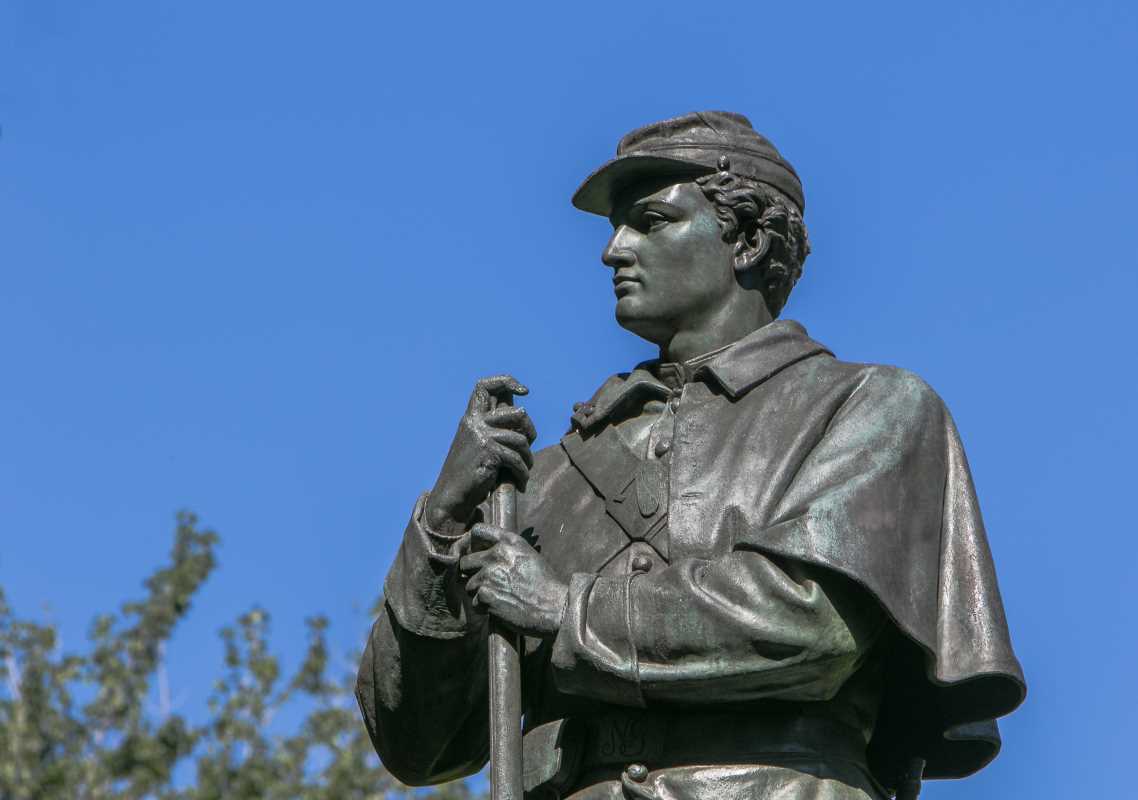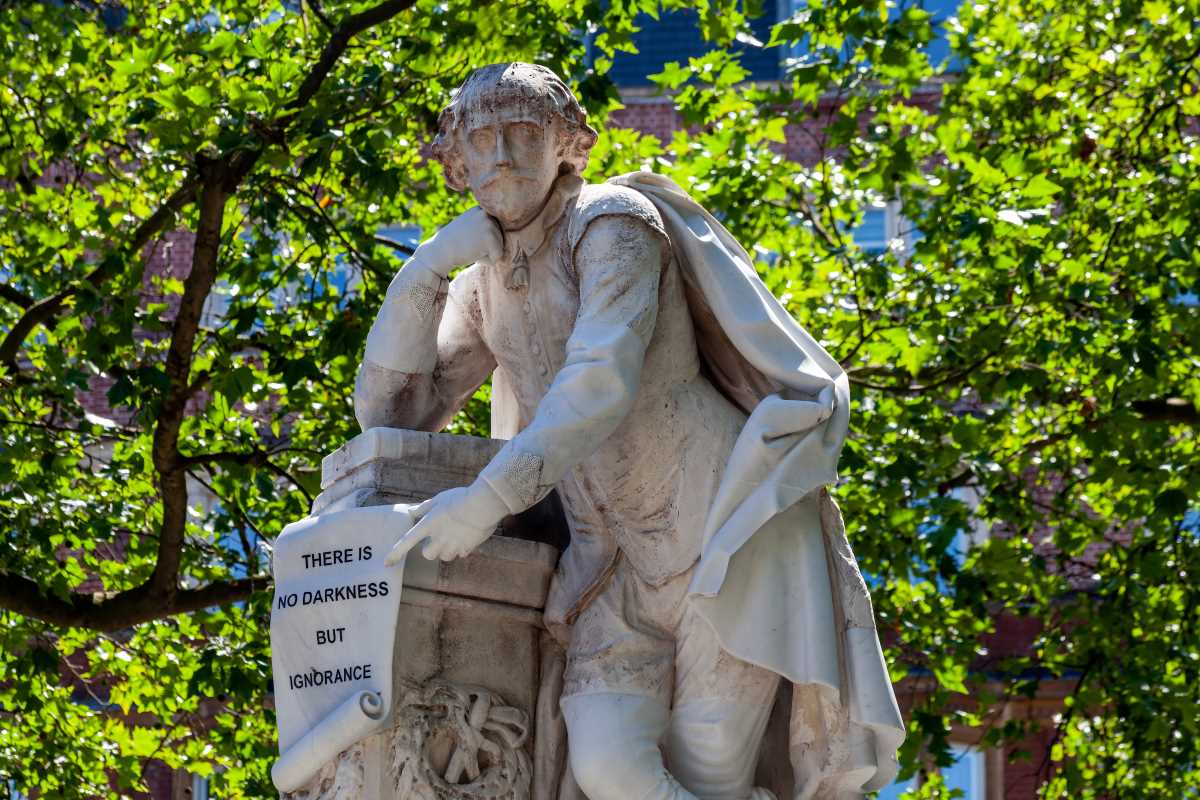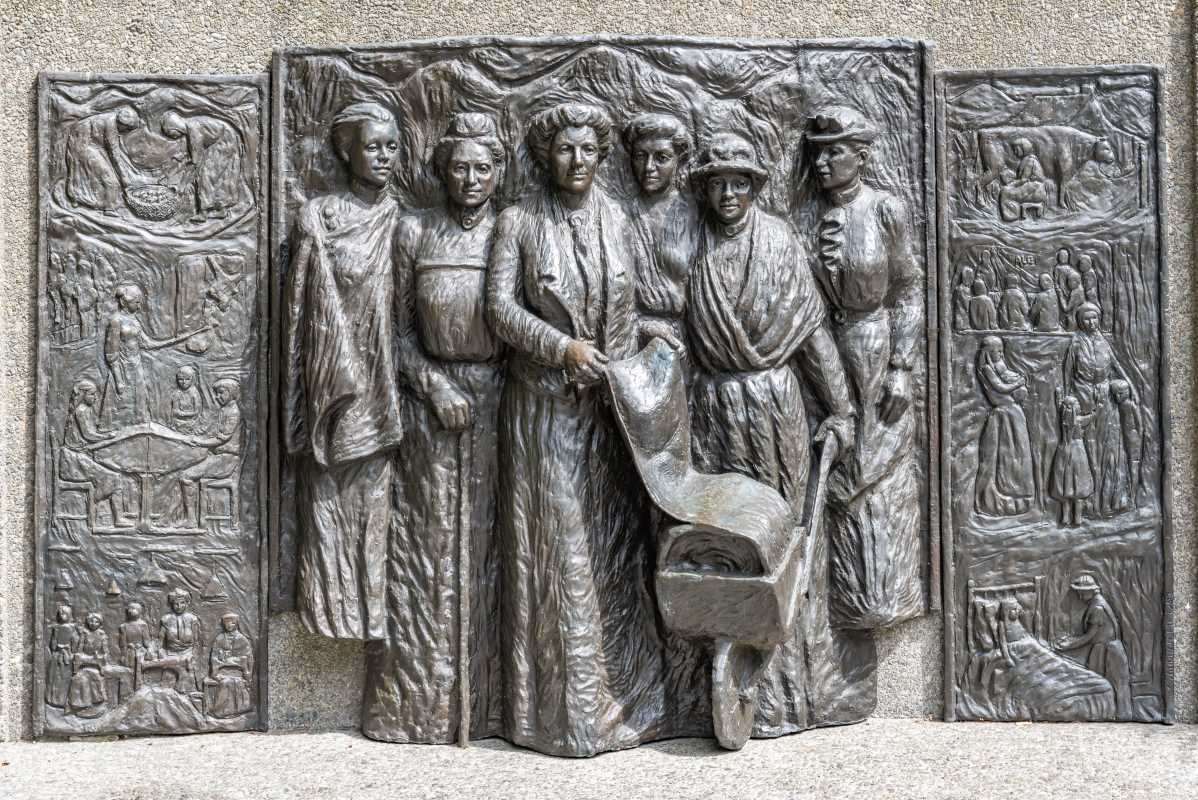The term “Watergate” has become shorthand for political scandal, and for good reason. The events surrounding the Watergate scandal in the early 1970s shook the foundations of American government and redefined how the public viewed its leaders. At its core, Watergate was about the abuse of power by the U.S. president and his closest advisors—but the fallout was much larger than just the events themselves. For many Americans, Watergate marked the moment when trust in the government began to erode. Suddenly, the idea that elected officials were honest and working in the best interests of the people was called into question.
To understand the full impact of Watergate, it’s important to look at what happened, how the country reacted, and how it shaped the relationship between the government and the people moving forward.
What Was Watergate?
The Watergate scandal revolves around a specific event that took place on June 17, 1972, but its roots and implications stretch far beyond that day. Here’s a breakdown of how it all began and unfolded.
The Break-In
The Watergate complex in Washington, D.C., was an office building that housed the Democratic National Committee’s (DNC) headquarters. In the middle of the night on June 17, 1972, five men were arrested for breaking into the DNC offices. Their intent was to wiretap phones and steal confidential documents. At first glance, this might have seemed like a simple break-in, but things quickly escalated when reporters and investigators connected the men to President Richard Nixon’s re-election campaign.
The Cover-Up
What made Watergate explosive wasn’t just the break-in itself, but the subsequent efforts to cover it up. High-ranking officials within Nixon’s administration tried to shield the president and themselves from scrutiny. They used hush money to silence those involved and even tried to interfere with the FBI’s investigation. President Nixon himself denied any involvement, famously stating, “I am not a crook.”
However, evidence began to pile up. One of the most damning discoveries came when it was revealed that Nixon had secretly recorded conversations in the Oval Office. These tapes ultimately showed that he had participated in the attempts to obstruct justice.
Nixon’s Resignation
The pressure grew as journalists, investigators, and Congress uncovered more details about what had happened. Public hearings were televised, and Americans watched as the scandal unfolded in real time. Faced with the prospect of impeachment, Nixon ultimately resigned on August 8, 1974, becoming the first U.S. president to do so. Vice President Gerald Ford assumed the presidency and later controversially pardoned Nixon, sparking further debate and distrust.
How Watergate Eroded Public Trust
Before Watergate, many Americans believed their government operated with integrity and fairness. The scandal shattered that belief and left a lasting mark on how people viewed their leaders.
A New Awareness of Corruption
The Watergate scandal revealed that even the highest office in the land was not immune to corruption. The image of the president as a moral and trustworthy figure took a serious hit. This was particularly jarring for Americans who had grown up revering leaders like Franklin D. Roosevelt or John F. Kennedy.
For the first time in modern history, the country saw a sitting president engage in criminal wrongdoing and abuse of power. This revelation left many Americans wondering if other politicians were also acting against the public's best interests behind closed doors.
Loss of Faith in Institutions
Watergate didn’t just damage people’s view of the presidency; it cast doubt on institutions more broadly. The scandal highlighted how easily the systems of government could be manipulated for personal gain. From law enforcement agencies to the Supreme Court, people began questioning if these institutions were as independent and impartial as they claimed to be.
When Nixon’s successor, Gerald Ford, pardoned him, it stirred even more skepticism. Many saw the pardon as an insider deal, further deepening mistrust in the idea that justice was being served.
Media as the New Watchdog
One of the most important outcomes of Watergate was the role the media played in uncovering the scandal. Washington Post reporters Bob Woodward and Carl Bernstein became household names for their investigative reporting. Their relentless pursuit of the truth, backed by an anonymous source known as “Deep Throat,” showed the power of journalism to hold leaders accountable.
While this empowered the press to take on a larger watchdog role, it also added to the public’s mistrust of government. People began turning to the media not just for news, but to uncover what their leaders were hiding.
The Lasting Impact on Politics
Watergate wasn’t just a moment in time; it fundamentally changed American politics and the relationship between leaders and the public.
Stricter Oversight
One immediate result of Watergate was the development of new laws and reforms aimed at increasing transparency and preventing similar abuses of power. These included:
- The Ethics in Government Act, which established rules about financial disclosures for public officials.
- Campaign finance reform, which set stricter limits on donations and required candidates to be more transparent about their funding sources.
- Laws strengthening oversight of federal investigations to prevent executive interference in inquiries like the Watergate cover-up.
While these reforms showed that lessons were being learned, they also reinforced the idea that rules had been broken in the first place, adding to the public’s cynicism.
Skepticism in Political Campaigns
The idea that political campaigns were rife with dirty tricks took hold after Watergate. This has led to lasting distrust during election seasons, with many voters questioning the honesty and transparency of candidates. It also sparked a rise in negative campaigning and the use of media to shape public perception.
Lingering Cynicism
Perhaps the most lasting impact of Watergate has been the cynicism it implanted in American political life. Before the scandal, there was a sense of optimism about democracy and governance. After it, however, Americans became more skeptical, often questioning whether politicians were serving the public’s best interests or their own. This distrust has shaped how people engage with politics, from voting behavior to activism.
Watergate in Today’s Context
The shadow of Watergate continues to loom large in American politics. When scandals arise, they are often compared to Watergate for their potential to erode public trust. The term “-gate” has even become a shorthand for controversies, such as “Bridgegate” or “Deflategate,” further cementing the scandal in public consciousness.
Modern Parallels
The 21st century has seen its fair share of political scandals, from debates about election interference to impeachment inquiries. Each time, the legacy of Watergate comes up as people reflect on government accountability and the limits of executive power.
The Role of Whistleblowers
Watergate also highlighted the importance of whistleblowers in exposing wrongdoing. Figures like Mark Felt, the FBI official revealed to be “Deep Throat,” set a precedent for insiders speaking out against corrupt practices. This has carried into the modern era, with whistleblowers like Edward Snowden and Chelsea Manning making headlines for similar reasons.
 (Image via
(Image via





